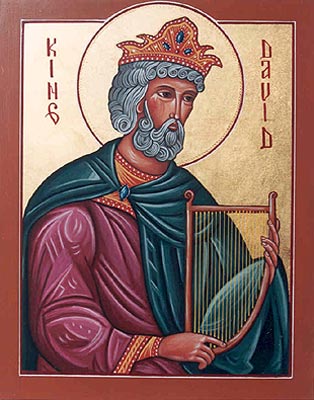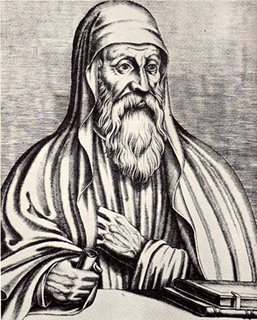Knowing God’s will
 It has been said that it’s easier to preach a hundred sermons rather than to live one out. Equally, I’ve found that, more often than not, the advice we freely hand out to friends, family and even strangers is usually the advice that we ourselves need to hear.
It has been said that it’s easier to preach a hundred sermons rather than to live one out. Equally, I’ve found that, more often than not, the advice we freely hand out to friends, family and even strangers is usually the advice that we ourselves need to hear.
At the moment I’m taking a bit of time out to consider the things going on in my life and to ponder where all this is heading… I have done this at other points in my life and, more often than not, I’ve ended up tying myself up into knots trying to discern God’s will for my life.
The other week I said something to a friend that, tonight, I realise I needed hear myself:
“Knowing God’s will? Well, that’s easy! Love the Lord your God will all your heart, all your soul, all your strength and all your mind…and love your neighbour as yourself. Everything else is just details” (c.f. Mark 12:29-31)
Important details, sure, but still details nonetheless…



 For western Christians, today is the “Feast of The Epiphany” where we commemorate the visitation of the Magi:
For western Christians, today is the “Feast of The Epiphany” where we commemorate the visitation of the Magi:
